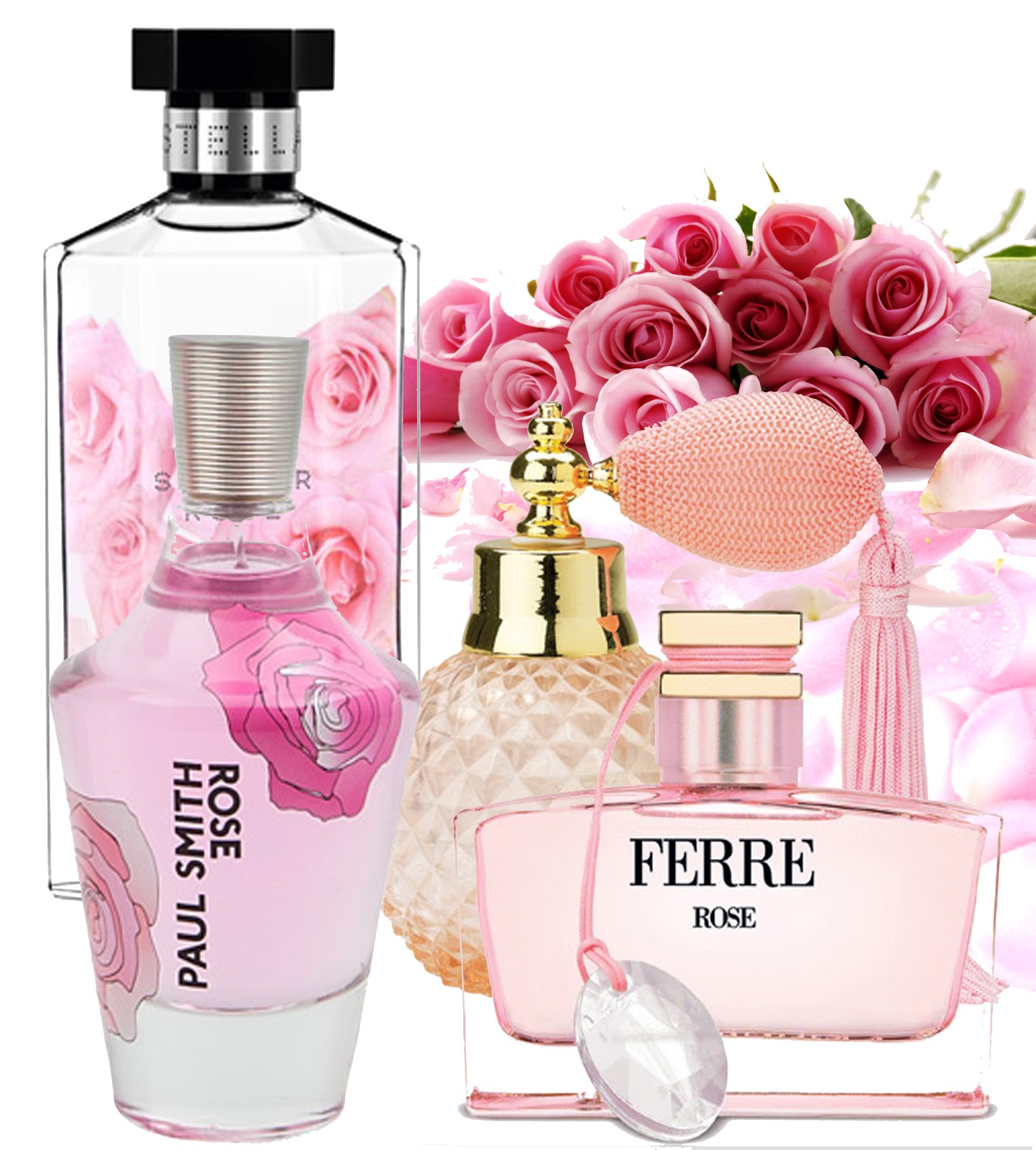Roses and perfume have been intertwined for centuries, symbolizing love, beauty, and elegance. The captivating scent of roses has inspired countless fragrances, making it a staple ingredient in the perfume industry. This article delves deep into the enchanting world of roses and their connection to perfumes, exploring their history, types, and the art of fragrance creation. By understanding the significance of roses in perfume, we can appreciate the artistry behind our favorite scents.
Throughout history, roses have held a special place in various cultures, often associated with love and passion. The alluring aroma of roses has not only made them popular in gardens but also as a key ingredient in many perfumes. In this article, we will explore the diverse types of roses, their aromatic profiles, and how they are skillfully blended into fragrances.
Whether you are a fragrance enthusiast or simply curious about the relationship between roses and perfume, this comprehensive guide will provide valuable insights. Join us as we uncover the secrets behind the alluring scents that have captivated hearts and minds for generations.
Table of Contents
- The Historical Significance of Roses in Perfume
- Types of Roses Used in Perfume
- Extraction Methods of Rose Essential Oil
- The Art of Blending Roses in Fragrance
- Notable Perfumes Featuring Rose
- Benefits of Rose in Perfume
- Sustainability in Rose Cultivation
- Conclusion
The Historical Significance of Roses in Perfume
The relationship between roses and perfume dates back thousands of years. Ancient civilizations, including the Egyptians, Greeks, and Romans, revered roses for their beauty and fragrance. The Egyptians used roses in religious ceremonies and as offerings to deities, while the Greeks associated roses with love and beauty. Roman emperors even had rose-scented baths, showcasing the luxurious nature of this flower.
In the Middle Ages, the use of roses in perfumery continued to flourish. As trade routes expanded, the knowledge of rose cultivation and extraction spread across Europe. By the 16th century, rose water became a popular ingredient in cosmetics and perfumes, establishing a foundation for the modern fragrance industry.
Types of Roses Used in Perfume
Not all roses are created equal; certain varieties are preferred in the perfume industry for their unique aromatic qualities. Here are some of the most popular types of roses used in fragrance creation:
- Damask Rose (Rosa damascena): Known for its rich, floral scent, this rose is often considered the queen of perfumery.
- Centifolia Rose (Rosa centifolia): Also known as the cabbage rose, it has a sweet, honeyed aroma and is commonly used in high-end perfumes.
- Bourbon Rose (Rosa bourboniana): This rose has a deep, fruity fragrance, making it a favorite among perfumers seeking complexity.
- Tea Rose (Rosa odorata): With a light and fresh scent, this rose is often used in delicate and romantic fragrances.
Extraction Methods of Rose Essential Oil
Extracting the essence of roses is a delicate process that involves several methods. The two most common methods are:
1. Steam Distillation
This method involves passing steam through rose petals to extract the essential oil. The steam carries the aromatic compounds, which are then condensed to separate the oil from the water.
2. Solvent Extraction
In this method, a solvent is used to dissolve the essential oils from the rose petals. The mixture is then filtered and the solvent is evaporated, leaving behind a concentrated form of rose oil.
The Art of Blending Roses in Fragrance
Creating a perfume is an art that requires skill and knowledge of fragrance notes. When blending roses into perfumes, perfumers consider the following:
- Top Notes: The initial scent that is perceived upon application, often fresh and light.
- Heart Notes: The core of the fragrance, where the rose scent typically shines.
- Base Notes: The lingering scent that remains after the top and heart notes fade, providing depth.
Perfume composition involves balancing these notes to create a harmonious scent that evolves over time. Roses, with their complex fragrance profile, can enhance various perfume formulations, adding a touch of romance and elegance.
Notable Perfumes Featuring Rose
Many iconic perfumes prominently feature rose as a key ingredient. Some notable examples include:
- Chanel No. 5: A classic fragrance that blends rose with jasmine and ylang-ylang.
- Yves Saint Laurent Paris: A floral fragrance with a strong rose presence.
- Jo Malone Red Roses: A fresh and modern interpretation of a rose fragrance.
Benefits of Rose in Perfume
Beyond their enchanting scent, roses offer several benefits in perfumery:
- Therapeutic Properties: Rose essential oil is known for its calming and soothing effects, making it a popular choice in aromatherapy.
- Skin Benefits: Rose oil can help hydrate and rejuvenate the skin, making it a valuable ingredient in skincare products.
- Symbol of Love: The association of roses with love and romance adds an emotional connection to fragrances that feature them.
Sustainability in Rose Cultivation
As the demand for rose-based perfumes continues to grow, sustainability in rose cultivation has become a significant concern. Sustainable practices include:
- Organic Farming: Reducing chemical pesticides and fertilizers to protect the environment.
- Fair Trade Practices: Ensuring fair wages and working conditions for farmers.
- Conservation Efforts: Protecting wild rose species and their natural habitats.
Conclusion
Roses and perfume share a rich history that continues to enchant and inspire. From their historical significance to their diverse types and extraction methods, roses play a crucial role in the world of fragrance. By understanding the artistry behind blending roses and recognizing the benefits they offer, we can appreciate the timeless connection between these beautiful flowers and the perfumes we adore.
If you’re passionate about fragrances or simply love roses, consider exploring some rose-infused perfumes or even trying your hand at creating your own blend. Share your thoughts in the comments, and don’t forget to explore our other articles for more insights into the world of fragrance!
Thank you for reading, and we hope to see you again soon!
Article Recommendations


